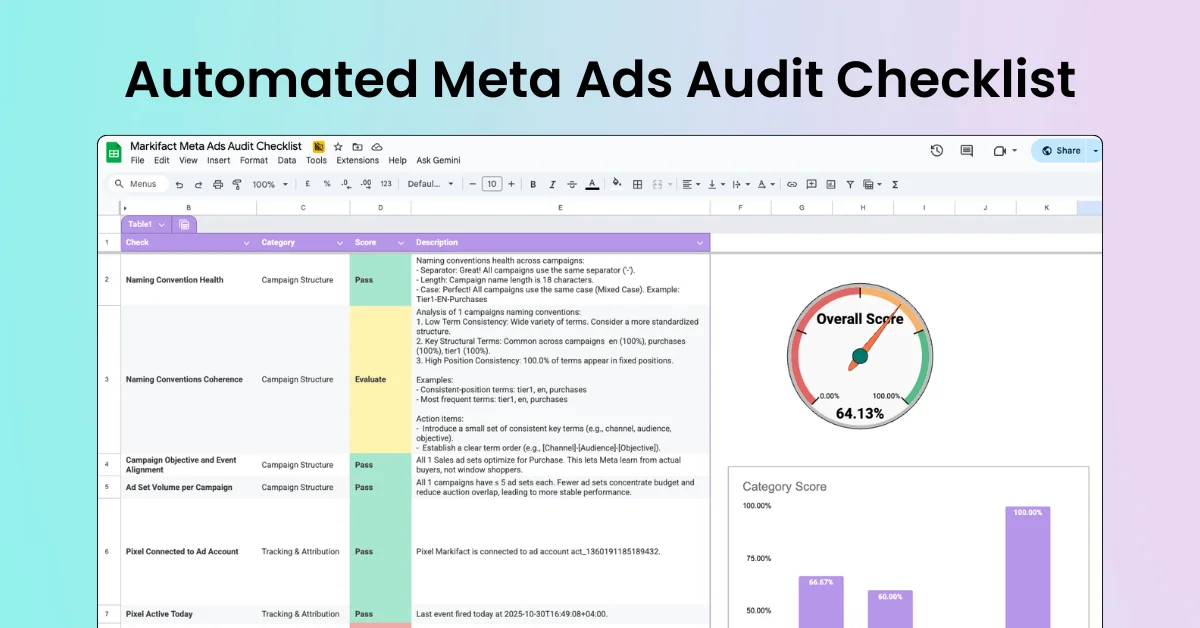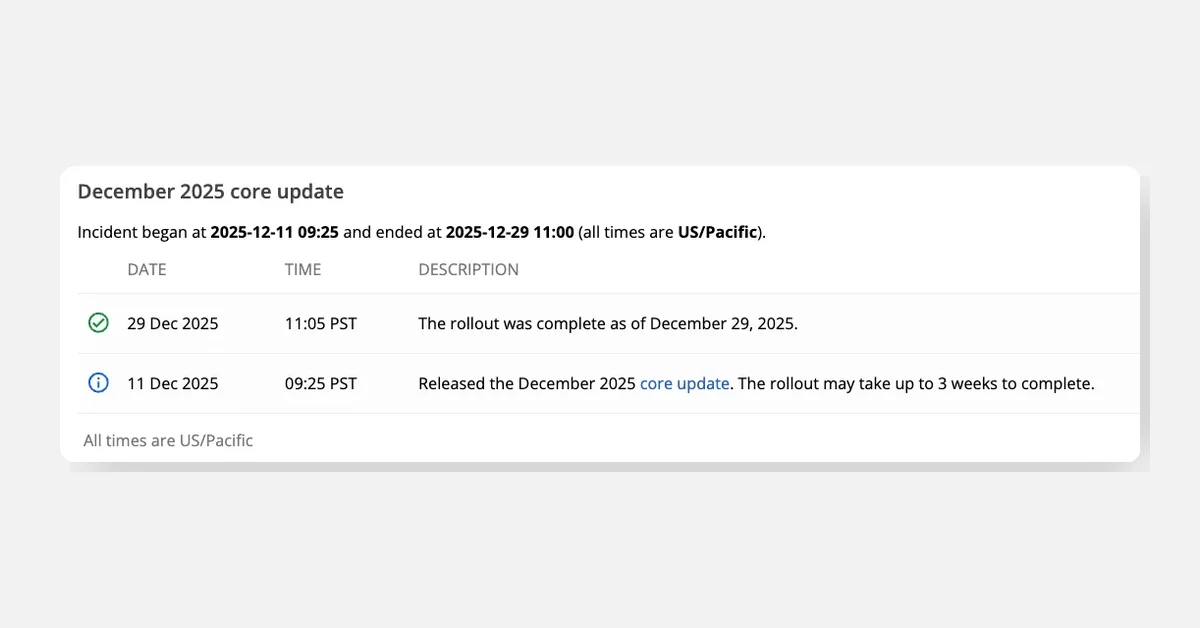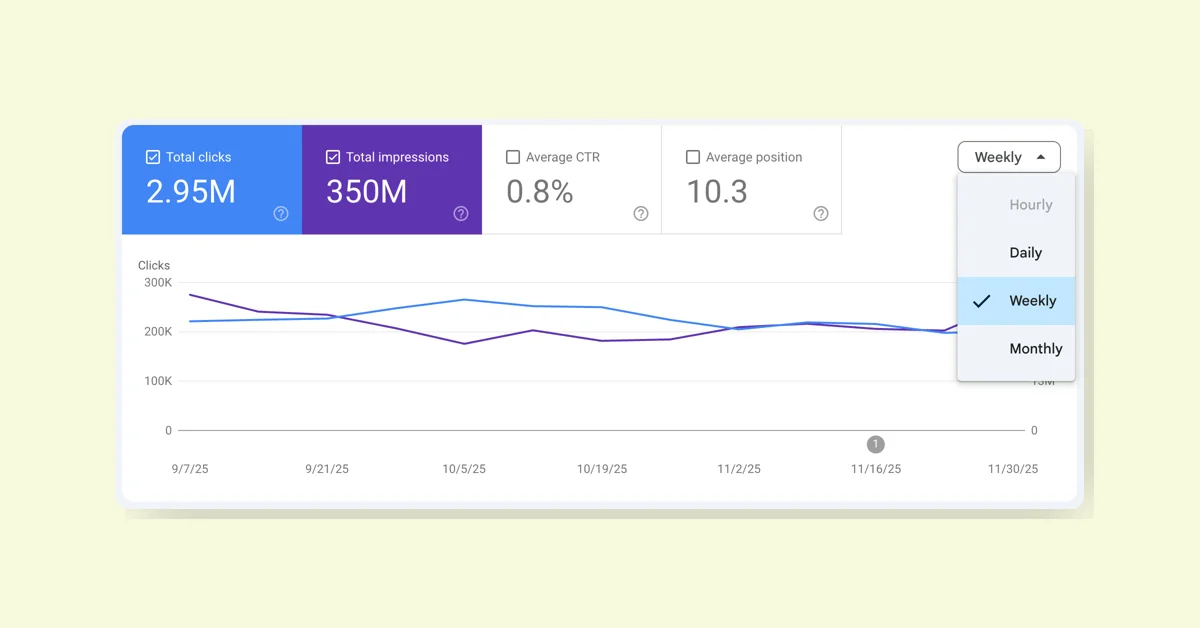As robots.txt celebrates its 30th birthday this year, Google's Gary Illyes has discussed some of the file format's peculiarities. In a recent post, Illyes shed light on the robust nature of robots.txt parsing and its surprising tolerance for errors.
Key Points:
- robots.txt turns 30 years old in 2024.
- The file format is remarkably error-tolerant.
- Parsers generally ignore mistakes without crashing.
- Unrecognized elements are simply skipped, allowing the rest of the file to function.
Illyes points out that robots.txt parsers are designed to be incredibly forgiving. They can handle a wide range of errors without compromising the file's overall functionality. For instance, if a webmaster accidentally leaves ASCII art in the file or misspells "disallow," the parser will simply ignore these elements and continue processing the rest of the file.
This error tolerance, while generally beneficial, can sometimes lead to unintended consequences. Illyes notes that a misspelled "disallow" directive might be unfortunate for website owners, as it could result in pages being crawled that were meant to be off-limits.
The post highlights that parsers typically recognize at least three key elements: user-agent, allow, and disallow. Anything beyond these core directives is often ignored, ensuring that the essential crawl instructions remain intact.
Interestingly, Illyes raises a question about the existence of line comments in robots.txt, given its already forgiving nature. He invites the SEO community to speculate on the reasons behind this feature, adding an element of mystery to the file format's design.




















